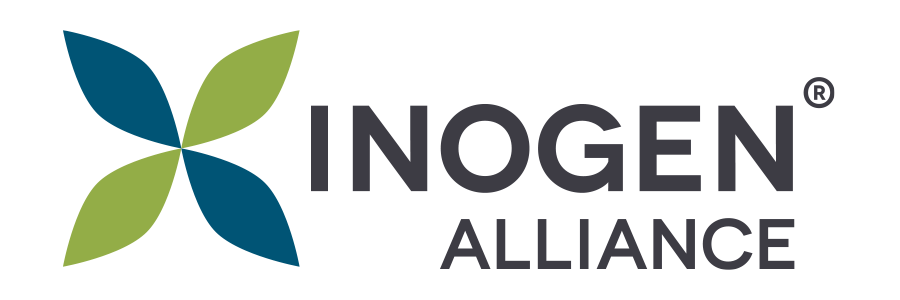CSRD Drives Integration of ESG Into Business Operations

There has been a lot of discussion and inquiries surrounding CSRD and how will it impact business and operations. Let us walk through some of the basics and outline immediate implications and possible anticipations for companies with business in the EU.
The main takeaway is that the context and conditions of doing business in Europe are in transition towards a sustainable economy. This policy & regulation driven transition is all centered around integrating ESG (environmental, social and governance) criteria into business operations. Commonly predicted effects of this integration are:
- Stakeholders will have access to more detailed and comparable ESG information.
- Verification of non-financial ESG information will be like for financial reporting.
- The conditions for acquiring investments and loans will be more attractive for sustainable activities.
History of the EU Green Deal
The first commitments made by the international community to reduce GHG emissions were in the Kyoto Protocol in force since 2005. In Europe, the EU Green Deal was adopted in early 2020 with the goal of being the first climate-neutral continent transforming the EU into a modern, resource-efficient and competitive economy, ensuring:
- net zero emissions of greenhouse gases by 2050
- economic growth decoupled from resource use
- no person and no place left behind
This became the framework for a range of directives and regulations to deliver the EU Green Deal ultimate goal: a sustainable economy.
The Green Deal is complex. Its elements are launched over a period of several years. The elements are based on best available knowledge, and therefor subject to change. Constant additions, negotiations and changes will be part of the deal. It will be essential to understand the basic implications, requirements and timelines set forth. For both EU companies and companies outside the EU with EU business dependencies.
Corporate Sustainability Reporting Directive (CSRD) - An Introduction
The Corporate Sustainability Reporting Directive (CSRD) is bringing together, in a more cohesive and comparable framework, much of the data and technical EHS reporting that your company should already be tracking. It is an update of the Non-Financial Disclosure Regulation- NFDR, aligning it with other regulations and standards, like the Global Reporting Initiative (GRI).
It will not be a one-size-fits-all. Understanding through ‘double’ materiality assessment of what matters most to your business is the key. ‘Double’ means to be about the material impact of your business activities on the environment and society, and how sustainability issues are impacting your business. Within the CSRD framework, the European Sustainability Reporting Standards (ESRS) provide a standardized format for reporting about material topics and sub-topics.
CSRD – Timelines and Structure
Based on the status of deployment of the Green deal in January 2024, multinationals will begin reporting in 2025 based on FY2024; large enterprises in 2026 based on FY2025; and publicly listed SMEs in 2027 based on FY2026 (with an opt out option to 2028). As the definitions and criteria for these groups are subject to changes, please refer to official EU sources for the actual details.
ESRS and new concepts for sustainability reporting
The European Sustainability Reporting Standards (ESRS) contains the criteria for reporting, based on the double materiality assessment for each company to decide which elements to include in their own reporting. There will be mandatory third-party verification audits. Data would eventually be XBRL tagged (digital tag) for easier comparable searches online.
The ESRSs require understanding of material risks and opportunities in the full value chain. For example, in the case of an apparel company, with the circumstances surrounding the sourcing of materials for clothing in Vietnam from another company in your supply chain are of material concern. Expanding materiality across the value chain brings about a larger data requirement for companies, requiring engagement upstream, even when those businesses outside of the EU.
New to CSRD is the inclusion of “nature” as a silent stakeholder to be considered in assessments and reporting. Companies should consider the implications of how operations are impacting nature or creating a more sustainable path.
Moving Forward
Companies will need to start evaluating their current data and gaps to CSRD and understand reporting timelines and requirements needed. This policy & regulation driven transition is all centered around integrating ESG (environmental, social and governance) criteria into business operations in order to disclose non-financial information about material sustainability impacts of a company’s business. CSRD is part of a coherent set of elements of the EU Green Deal. All of these elements are designed to work in harmony to create transition to a climate neutral and sustainable economy in the EU and beyond.
Our global network of Associates can support your sustainability reporting including CSRD.
Inogen Alliance is a global network made up of dozens of independent local businesses and over 6,000 consultants around the world who can help make your project a success. Our Associates collaborate closely to serve multinational corporations, government agencies, and nonprofit organizations, and we share knowledge and industry experience to provide the highest quality service to our clients. If you want to learn more about how you can work with Inogen Alliance, you can explore our Associates or Contact Us. Watch for more News & Blog updates here and follow us on LinkedIn

